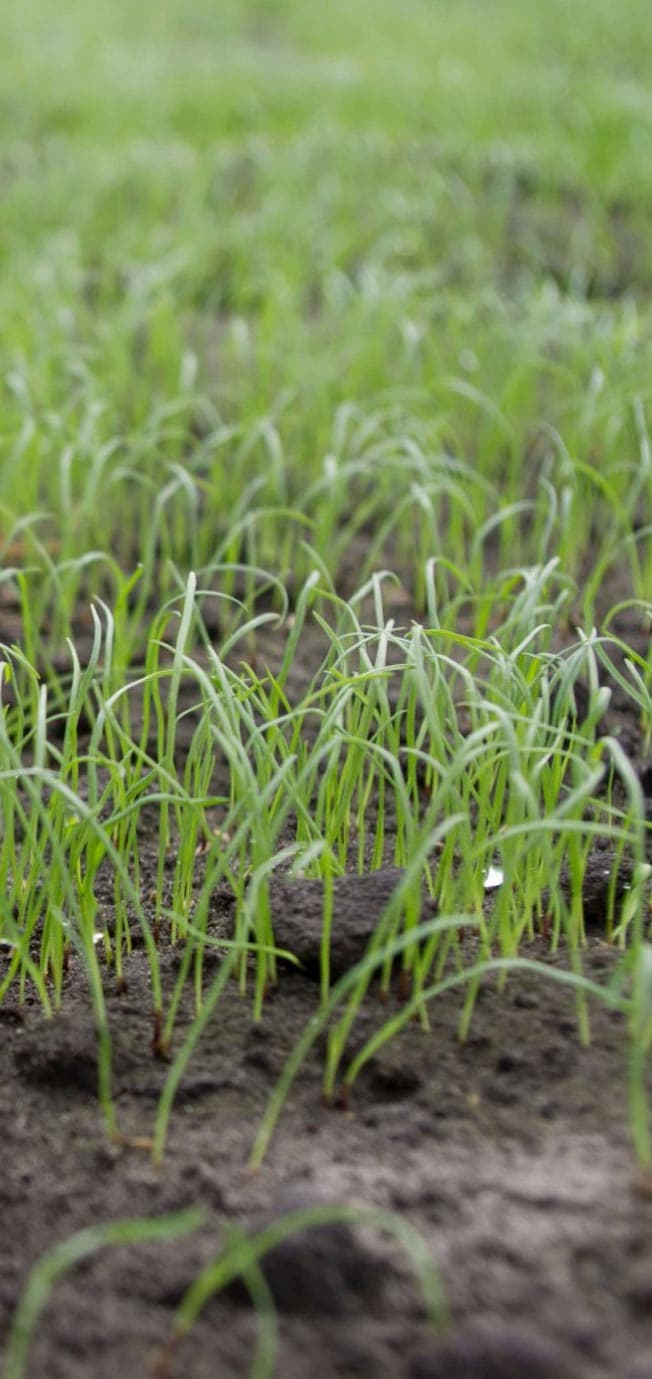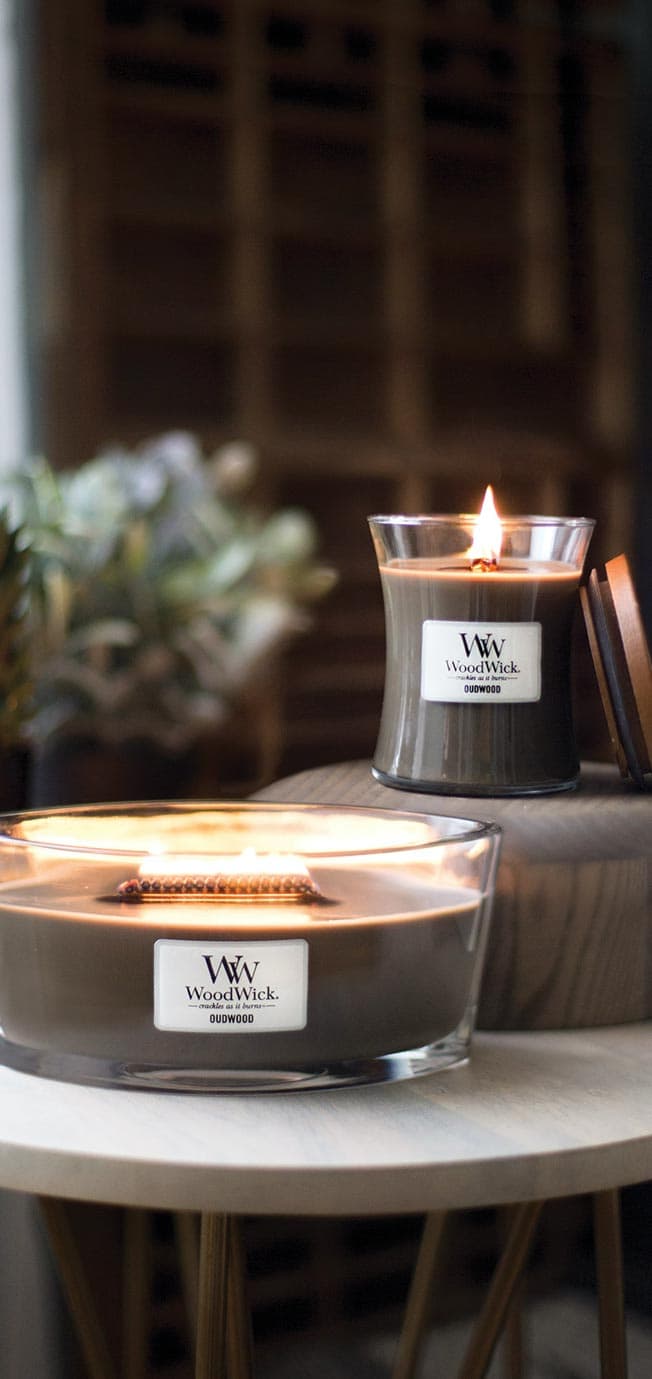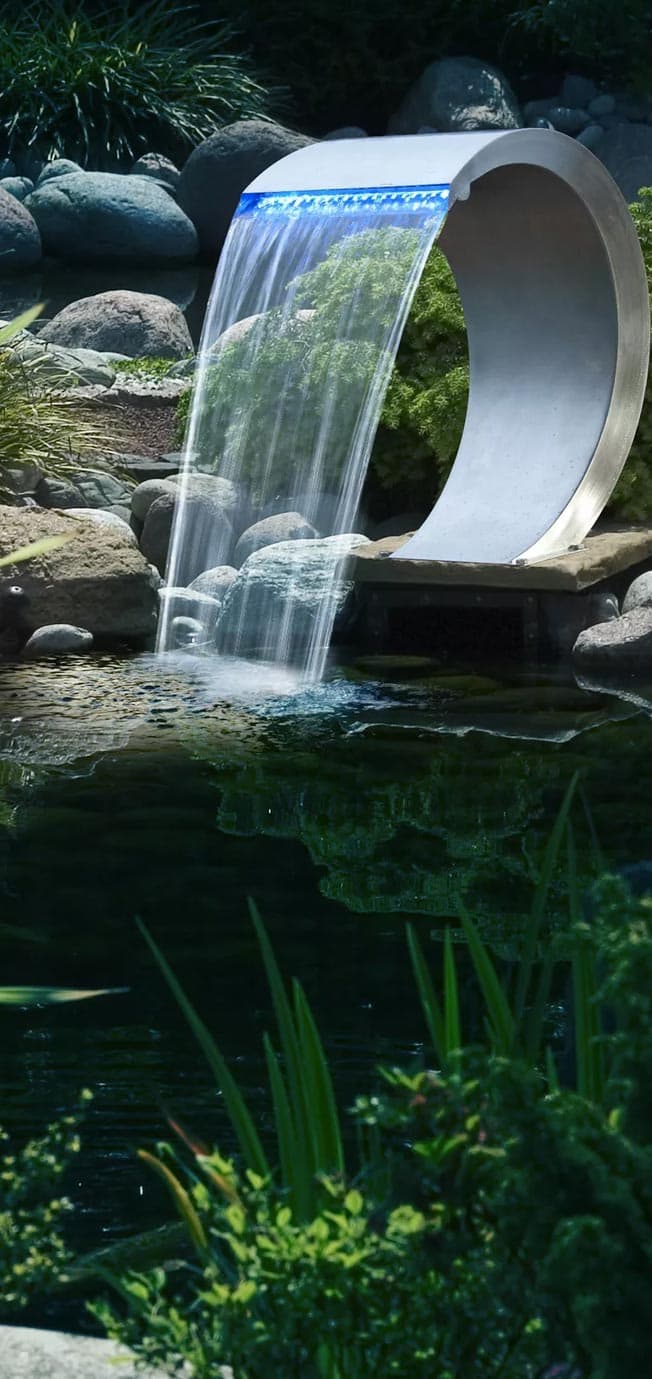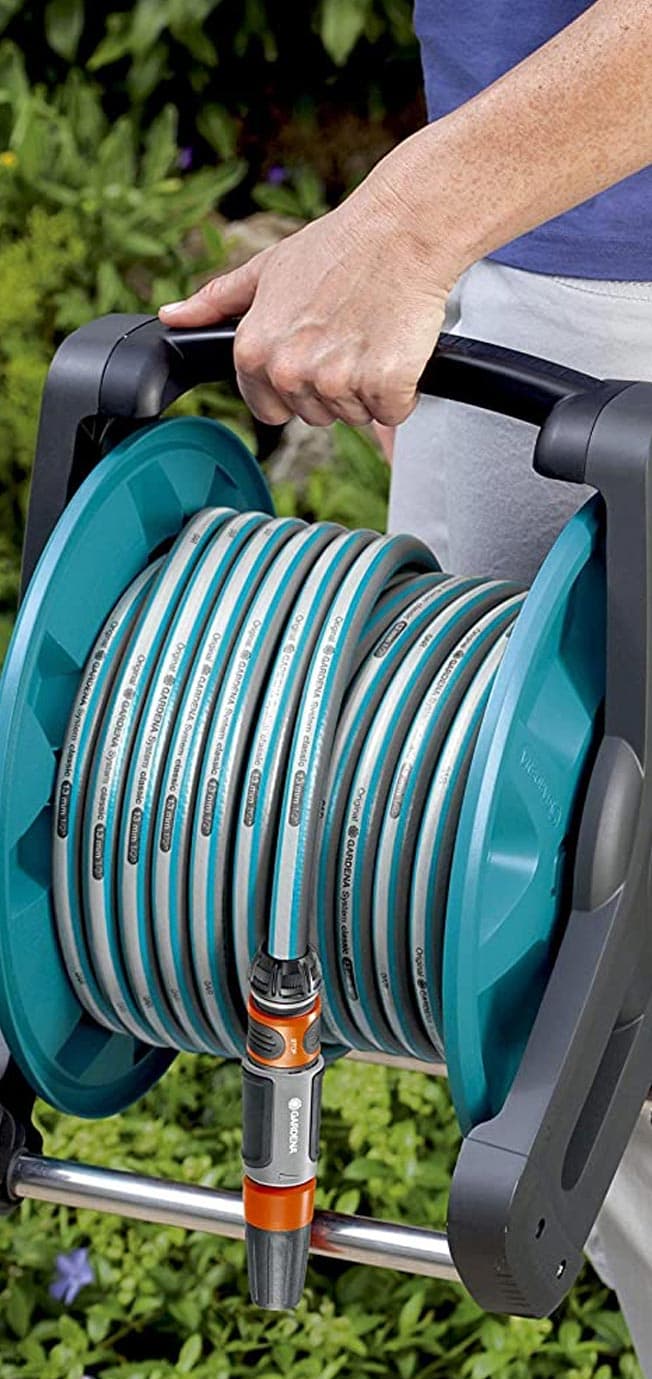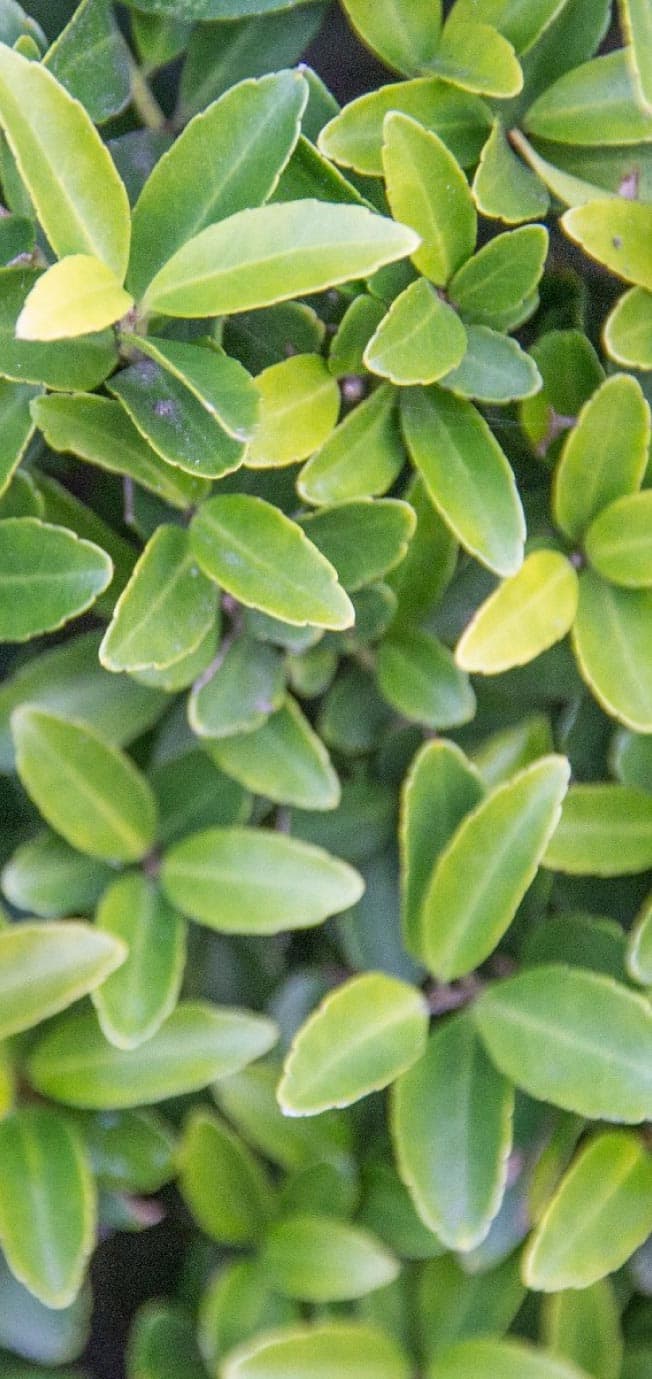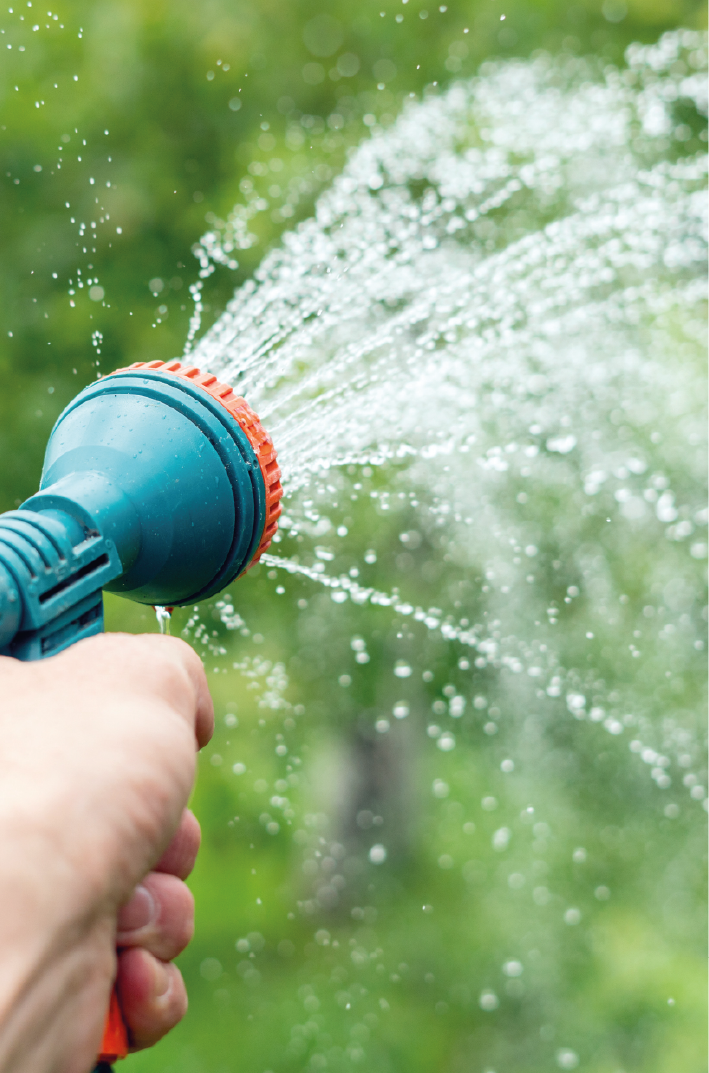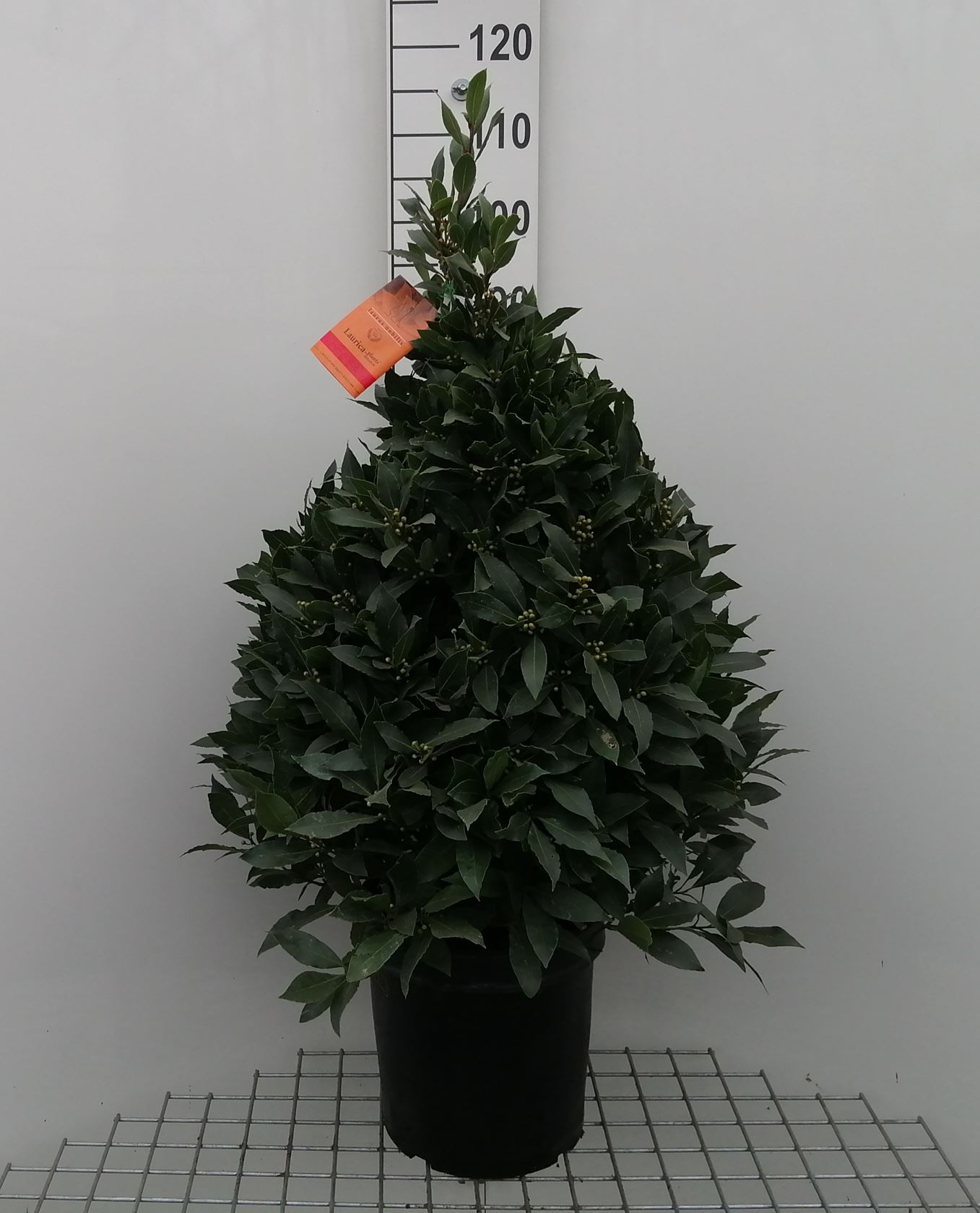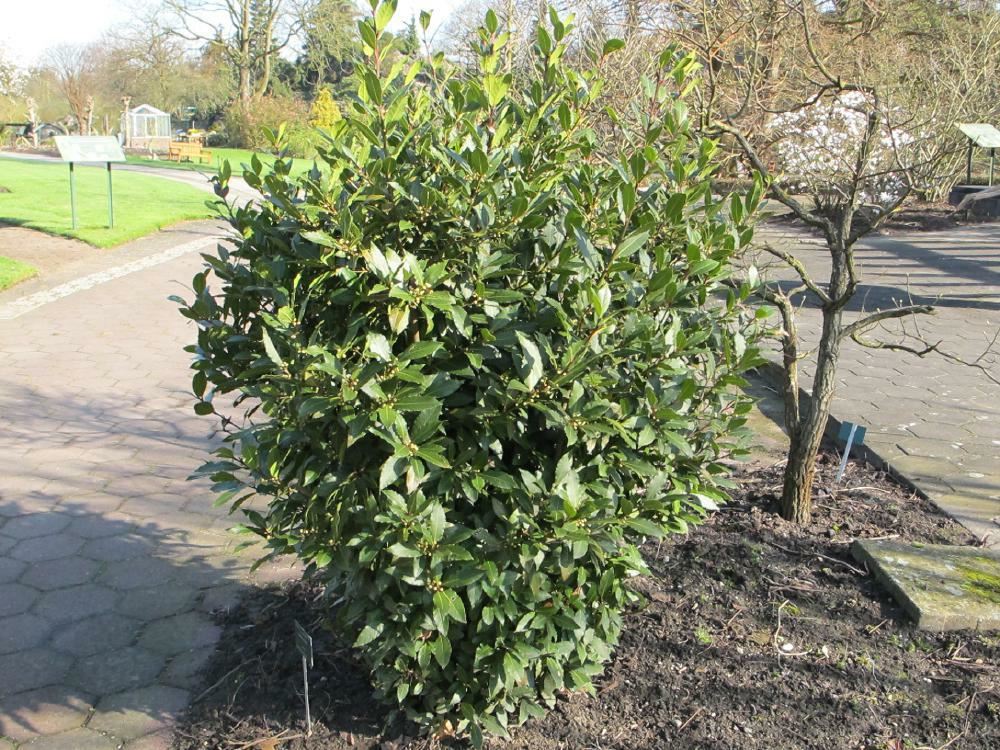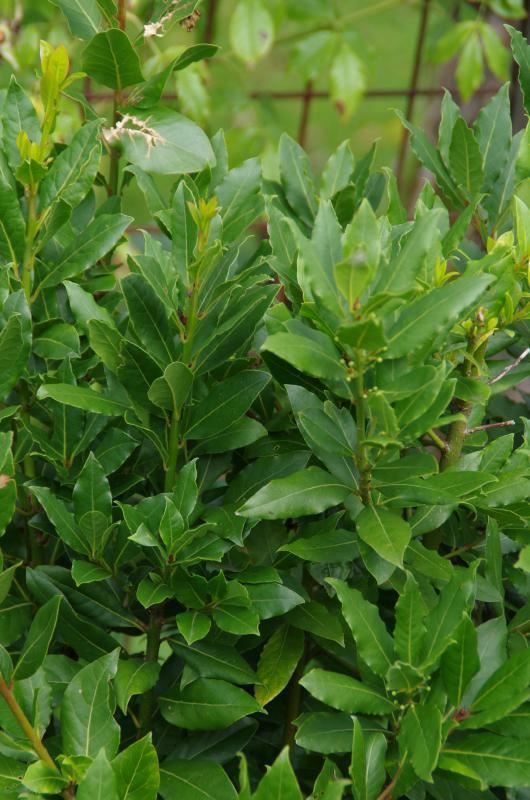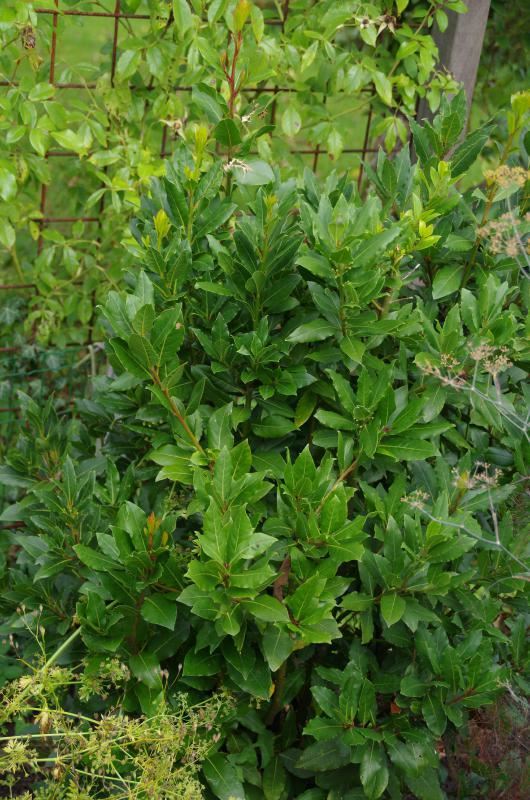Laurus nobilis - pot 25L - 100-110 cm - pyramid shape
Echte laurier
Product information "Laurus nobilis - pot 25L - 100-110 cm - pyramid shape"
Bay laurel is native to the Middle East. During the time of the Ancient Greeks and Romans, the branches were used for their famous laurel wreaths. Later, the plant spread through the countries around the Mediterranean and made its way into the rest of Europe. The laurel is a woody and evergreen shrub that is dioecious (the male and female flowers are on separate plants). It has shiny, leathery, green leaves, which have a wonderful fragrance when bruised. In spring, small, white flowers appear in the leaf axils. In warm areas, bay laurel bushes can easily reach over 100 years of age and up to 9 m in height. However, bay laurel is sensitive to frost and is therefore mainly grown in pots in our regions as a patio or orangery plant. It is often available in the trade as a topiary tree, on a stem or as a pyramid. The kitchen laurel is often confused with the evergreen, hardy hedge plant Prunus laurocerasus (cherry laurel). However, this plant is not related and is also poisonous!
CULTIVATION TIPS:
The plant is best grown in a pot so that it can be brought inside during the winter. In spring, after the last frost, the plants can be put outside (usually not until May). Place the plants, especially in the beginning, sheltered from strong winds and let them slowly get used to sunlight if they come from a dark winter place (against burning). Ensure that the pot has good drainage and provide sufficient water, especially in spring and summer. Preferably use long-acting organic fertilizers. Long sprouting shoots can be cut back in June (leave at least 3 leaves), this ensures extra shoot formation and nice compact plants. Before the first frost, from mid-October, take the plants to a cool, frost-free overwintering place. The best place is a greenhouse, but a darker location is also possible. Water as little as possible during this resting period, but make sure that the root ball does not dry out. (e.g. every 5 weeks). If the plant grows too big, the winter period (after New Year) is the ideal time to repot. Choose a pot that is 4-5 cm larger and use quality potting soil with clay. Winter is also the time to prune back your plants. Bring them back into shape, but do not cut too deeply, leaving +/- 3 leaves per shoot. Avoid cutting into the leaves.
CULINARY:
In the kitchen bay laurel is a real seasoning.Most people know bay laurel as 'the tricky leaf in the soup'.The leaves can be used both fresh and dried.The 2-year-old fresh leaves have the most aroma. Cook them in your preparations to give them a spicy flavor. The longer they are cooked, the more flavor they give off. However, do not forget to remove them before serving. Bay laurel is often used in vegetable soups or with carrot and other stews.It also gives flavor to sauces, marinades, stews and various meat and fish dishes.
MEDICINAL:
Bay laurel is used for a variety of purposes. It has an antiseptic effect on the airways and is soothing in the event of a cold, sore throat, sinusitis, ulcers, etc. Moreover, bay laurel is stimulating and partly because of that a natural antidepressant. Bay laurel oil can be used externally for muscle pain, sprains and swelling. Bay laurel is sometimes added to shampoo: gives greasy or lifeless hair a beautiful shine.
Product specifications
| Application / use plant: | Unknown - n/a |
|---|---|
| Application / use plant - details: | Dried leaves in various dishes |
| Bloom Month: | April, May |
| Bloom color: | White |
| Branches / bark: | Unknown - n/a |
| Dutch plant name: | Laurier, Laurierboom |
| English plant name: | Bay Laurel, Bay Tree, Sweet Bay, True Laurel |
| Flower color - details: | White |
| Frost hardiness - details: | Medium (a) (-12 till -9°c), usda zone 8a |
| Frost resistance: | Moderately winter hardy |
| Fruit: | Unknown - n/a |
| Full grown plant height: | 200-500 cm but can be pruned well |
| German plant name: | Echter Lorbeer, Lorbeer |
| Growth habit : | Unknown - n/a |
| Growth habit - details: | Rising |
| Humidity/Soil: | Moist soil |
| Humidity/Soil - details: | Normal |
| Latin plant family: | Lauraceae |
| Leaf / Foliage: | Green, Evergreen |
| Leaf / foliage - details: | Evergreen, green, parfumed |
| Location: | Full sun |
| Location - details: | Preferably full sun |
| Minimum growing height (in cm): | 50 |
| Plant characteristic: | Aromatic, Edible (fruit, leaf, flower) |
| Plant family: | Laurel family |
| Pruning period: | November |
| Winter foliage: | Leaf-holding |
| maximal growth height (in cm): | 500 |
| type of crop: | Tub plant |
| type of soil: | Clay soil (calcareous), Normal soil, Peaty soil (acidic) |
| type of soil / ground - details: | Any type of soil |
Pictures of this plant
Reviews
Login

